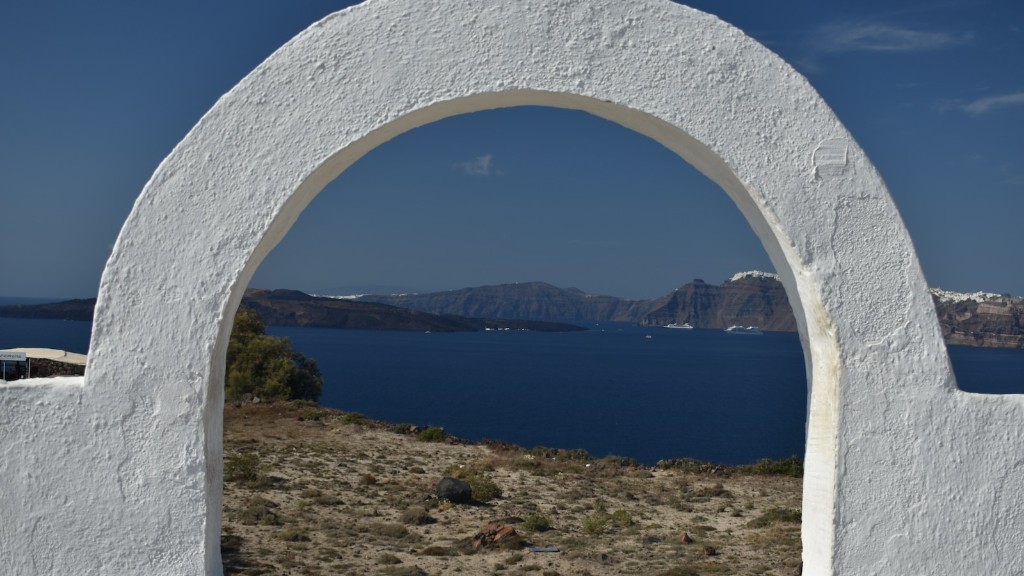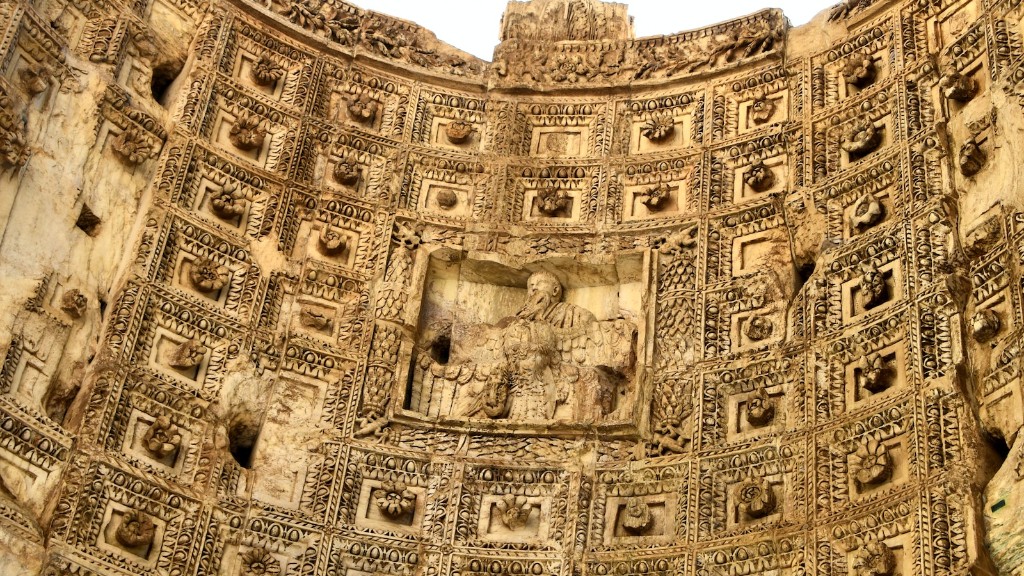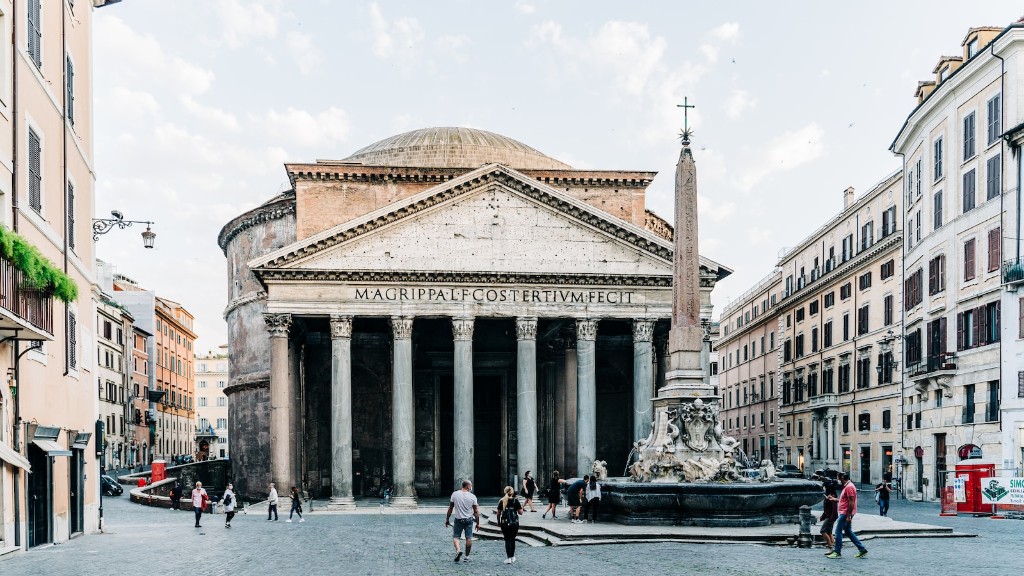The Influence of Ancient Greece and Rome on the Renaissance
The Renaissance, a period of great cultural and intellectual growth in Europe, was deeply influenced by the accomplishments and ideas of two ancient civilizations: Greece and Rome. The knowledge and artistic achievements of Ancient Greece and Rome were rediscovered and revived during this transformative period, sparking a renewed interest in the classical world and shaping the development of European society.
1. Intellectual Foundations
Ancient Greece and Rome were known for their significant contributions to philosophy, science, and literature. During the Renaissance, scholars and thinkers sought to emulate and build upon these foundations. Greek philosophy, with its emphasis on reason and logic, contributed to the development of humanism, which emphasized the importance of individual achievement and the potential of human beings. The works of ancient Greek philosophers like Socrates, Plato, and Aristotle influenced Renaissance thinkers such as Erasmus and Thomas More, who advocated for education and the pursuit of knowledge.
Roman law and governance also had a profound impact on Renaissance society. The idea of a republic, as advocated by the Roman Republic, inspired political thinkers like Niccolò Machiavelli and influenced the development of democratic ideals in Europe.
2. Art and Architecture
Ancient Greek and Roman art greatly influenced the aesthetic principles and techniques of Renaissance artists. The rediscovery of ancient sculptures and paintings inspired artists to strive for realism and naturalism in their work. They studied the human form, anatomy, and perspective, seeking to capture the beauty and proportionality of the classical world. Renaissance architects, in particular, drew inspiration from ancient Roman architecture, incorporating features such as columns, arches, and domes into their designs.
3. Literature and Language
The revival of Greek and Roman literature during the Renaissance led to a renewed interest in the study of ancient languages. Scholars began translating and studying classical texts, making them accessible to a wider audience. Latin, the language of the Roman Empire, became the lingua franca of the educated elite, and the works of ancient Greek playwrights like Sophocles and Euripides were performed in theaters. This rediscovery of ancient literature and languages enriched European culture and influenced the development of vernacular languages, such as Italian and English.
4. Scientific Advancements
The scientific achievements of ancient Greece and Rome also played a significant role in shaping the Renaissance. Ancient Greek mathematicians like Euclid and Pythagoras provided the foundation for the study of geometry, which influenced the work of Renaissance mathematicians such as Leonardo da Vinci and Galileo Galilei. The Roman engineer Vitruvius’ treatise on architecture provided a basis for understanding the principles of physics and engineering.
5. Legacy and Impact
The influence of ancient Greece and Rome on the Renaissance cannot be overstated. The rediscovery of classical knowledge sparked a wave of intellectual curiosity and inquiry that transformed European society. It laid the groundwork for the development of secular humanism, the scientific method, and the Enlightenment. The Renaissance was, in many ways, a rebirth of the ideas and achievements of the ancient world, and its influence can still be felt today in art, literature, architecture, and philosophy.
In conclusion, the impact of ancient Greece and Rome on the Renaissance cannot be overstated. The intellectual, artistic, and scientific achievements of these ancient civilizations laid the foundation for the cultural and intellectual growth of Europe during this transformative period. The Renaissance was a time of rediscovery and revival, in which the achievements and ideas of the classical world were embraced and celebrated. This rich cultural legacy continues to shape our world and inspire future generations of thinkers and artists.


